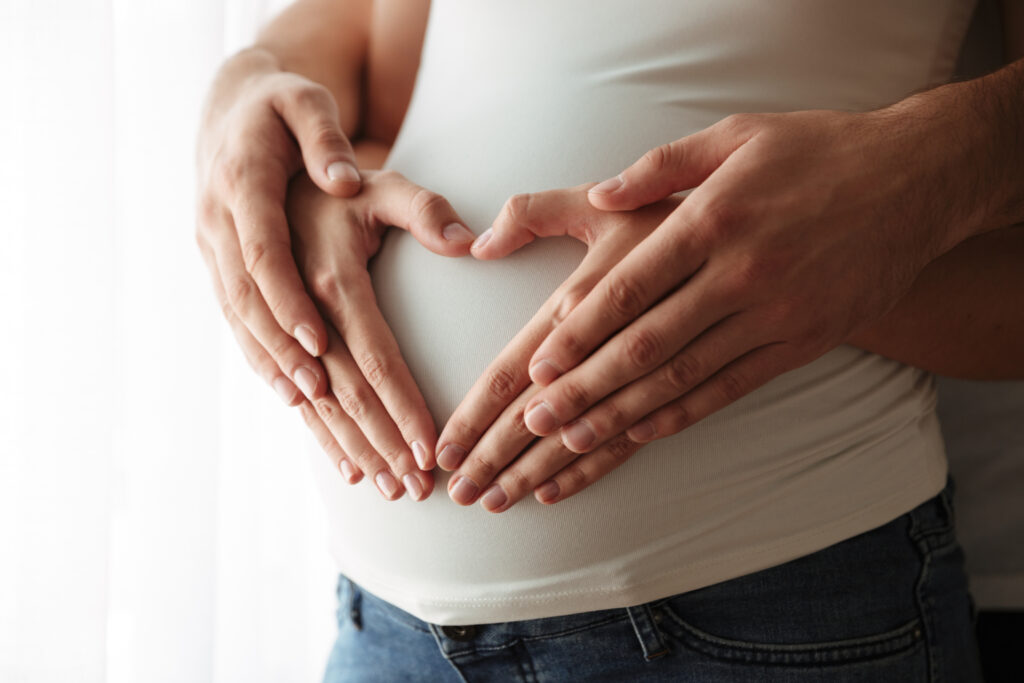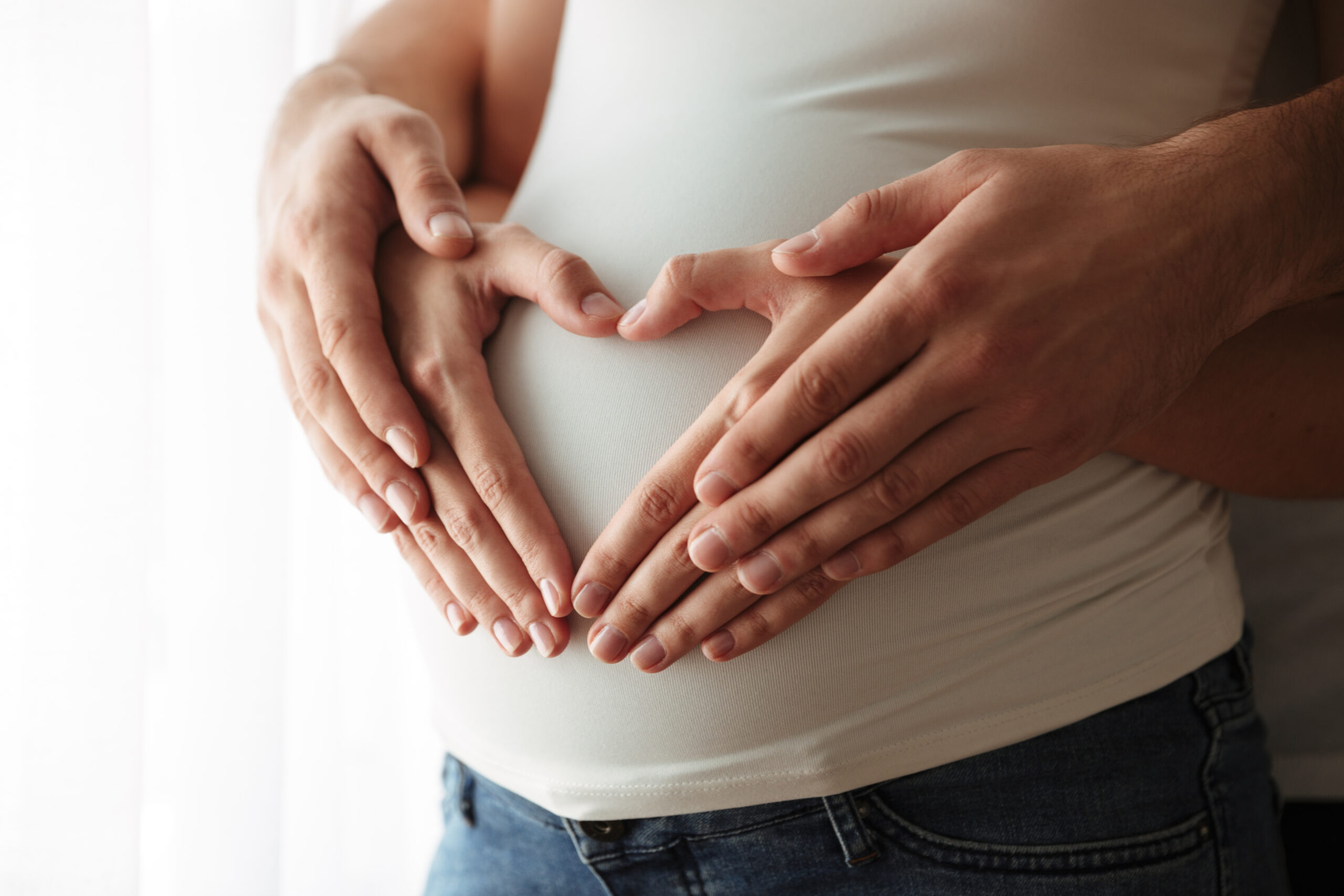Find out when early pregnancy symptoms start, how to recognize them, and what influences their onset. Discover key early pregnancy signs and tips for monitoring your body’s changes.
Pregnancy is a unique experience that manifests differently for everyone. One of the most commonly asked questions by those trying to conceive or who suspect they might be pregnant is, “When do pregnancy symptoms start?” While some may feel early signs almost immediately, others might go weeks without noticing any changes.
Understanding when pregnancy symptoms typically appear can help you anticipate what’s ahead. In this guide, we’ll explore the timeline for pregnancy symptoms, the factors that influence their onset, and the most common early indicators of pregnancy.
The Biological Basis of Pregnancy Symptoms
How Your Body Responds to Conception
Pregnancy symptoms are triggered by a combination of hormones that start to rise after conception. Two of the key players responsible for these symptoms are:
- Human Chorionic Gonadotropin (hCG): This hormone is produced once the fertilized egg implants in the uterus, signaling the body to support the pregnancy.
- Progesterone: Progesterone levels also rise during pregnancy to thicken the uterine lining and maintain a suitable environment for the growing fetus.
These hormonal surges cause the array of changes that lead to early pregnancy symptoms.
Hormonal Changes That Lead to Symptoms
The increase in hCG levels, which happens shortly after implantation, causes the first pregnancy symptoms like nausea and breast tenderness. Meanwhile, progesterone is responsible for symptoms like fatigue and bloating. As these hormones continue to rise, symptoms often become more pronounced.

When Do Pregnancy Symptoms Typically Start?
Conception and Implantation: The First Week
Most people don’t experience pregnancy symptoms right at conception. However, once the fertilized egg implants in the uterine lining (which usually happens 6-12 days after conception), hormonal changes begin. Some individuals may notice subtle signs at this early stage, but most won’t feel anything yet.
The Week Before a Missed Period
For some, the first signs of pregnancy can appear during the week before a missed period. These early symptoms might feel similar to PMS, such as bloating, mild cramping, or mood swings, making it hard to distinguish pregnancy from an upcoming period.
After a Missed Period: The Clear Signals
For many, the most obvious sign of pregnancy is a missed period. By this time, about two weeks after conception, hCG levels are high enough to trigger more noticeable symptoms like nausea, frequent urination, and fatigue.
It’s also around this time that taking a pregnancy test will yield the most accurate results, as hCG levels are high enough to be detected by most home pregnancy tests.
Common Early Pregnancy Symptoms
Fatigue: One of the Earliest Signs
Fatigue is one of the first symptoms many experience in early pregnancy. Rising levels of progesterone contribute to feelings of exhaustion, and the body is working overtime to support the early stages of fetal development. This tiredness can appear as early as the first or second week after conception.
Nausea and Morning Sickness
Though it’s often referred to as “morning sickness,” nausea can occur at any time of the day. It typically begins around the sixth week of pregnancy but can start earlier. Hormonal changes, particularly rising levels of hCG, are thought to contribute to feelings of nausea and vomiting.
Breast Tenderness and Swelling
Breast changes are often one of the first noticeable signs of pregnancy. The hormone progesterone causes the breasts to feel tender, swollen, or heavy. These changes can start as early as one week after conception and often continue throughout pregnancy.
Bloating and Cramping
Mild cramping and bloating are common in early pregnancy, often due to the rising levels of progesterone. These symptoms can easily be mistaken for premenstrual symptoms but will persist even after a missed period, differentiating them from typical PMS signs.
Food Cravings or Aversions
Changes in appetite or food preferences, such as cravings or aversions, are also common early in pregnancy. You might suddenly dislike foods you usually enjoy or crave unusual food combinations. These changes are thought to be related to hormonal fluctuations.
How Early Can Pregnancy Symptoms Appear?
Individual Variations
There’s no definitive answer to when pregnancy symptoms will start because everyone experiences pregnancy differently. Some may notice symptoms just days after conception, while others might not feel anything until a few weeks later. Factors such as overall health, hormone levels, and even stress can influence the timing and intensity of pregnancy symptoms.
Symptoms with First Pregnancies vs. Subsequent Pregnancies
Those who have been pregnant before may notice symptoms sooner in subsequent pregnancies, as their bodies have already been through these changes. However, this isn’t always the case, and each pregnancy can present differently, even for the same individual.
When Should You Take a Pregnancy Test?
Waiting for a Missed Period
The most reliable time to take a pregnancy test is after a missed period. This is when hCG levels are typically high enough to be detected by a home pregnancy test, making it the best time for accurate results.
Early Testing
Some home pregnancy tests claim to detect pregnancy up to six days before a missed period, but testing too early can lead to a false negative. This is because hCG levels may not be high enough to detect at this point. If you test early and get a negative result, it’s best to wait a few days and test again.
Early Pregnancy Symptoms vs. PMS: How to Tell the Difference
Similar Symptoms
Many early pregnancy symptoms overlap with PMS symptoms, including bloating, cramping, and mood swings. This can make it difficult to tell whether you’re experiencing PMS or early signs of pregnancy.
Key Differences
One key difference is that pregnancy symptoms tend to persist beyond the time when PMS symptoms usually fade. For example, breast tenderness and fatigue associated with pregnancy will often continue well past the expected start of your period.
Internal Links for Further Reading
To learn more about pregnancy symptoms and testing, check out these additional resources on our site:
- Pregnancy Symptoms: Discover the most common signs of pregnancy.
- Pregnancy Testing: Learn when to take a pregnancy test for the most accurate results.
- Postpartum: Explore what happens after birth and how to manage postpartum recovery.
External Links for More Information
Here are some trusted external resources that provide further insights into pregnancy symptoms and testing:
- NHS Pregnancy Symptoms: Offers an overview of the most common pregnancy symptoms and when they typically begin (NHS Pregnancy Symptoms).
- What to Expect – Early Pregnancy Symptoms: A comprehensive guide to early pregnancy symptoms and timelines (What to Expect).
- March of Dimes – Pregnancy Symptoms: Learn more about how your body changes in the first few weeks of pregnancy (March of Dimes).
Conclusion
While the question of “How soon do pregnancy symptoms start?” doesn’t have a one-size-fits-all answer, knowing the general timeline can help you better anticipate the changes happening in your body. For most, symptoms will start around the time of a missed period, but some may notice signs even earlier.
The key is to listen to your body, track any unusual symptoms, and test for pregnancy if you suspect you might be expecting. Remember, every pregnancy is unique, and the onset and intensity of symptoms will vary.
If you’re unsure whether what you’re experiencing is related to pregnancy, taking a pregnancy test and consulting a healthcare provider can give you the clarity you need.
